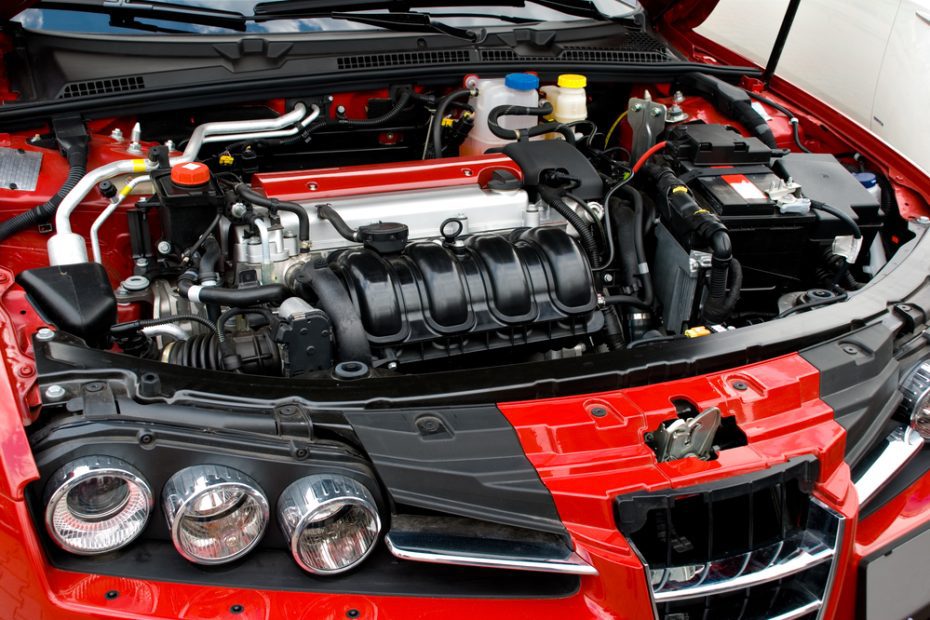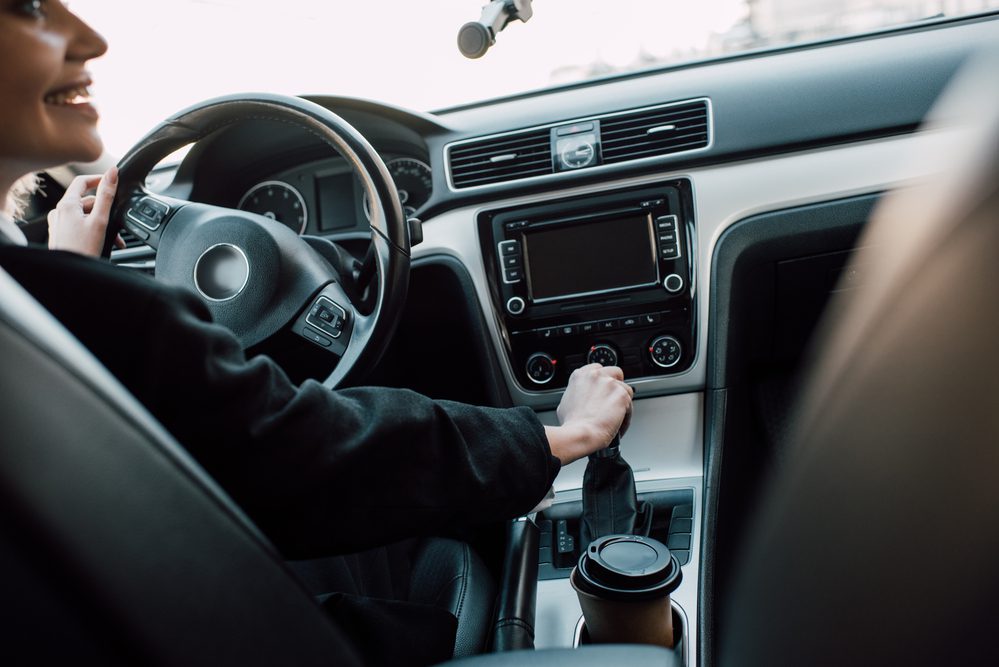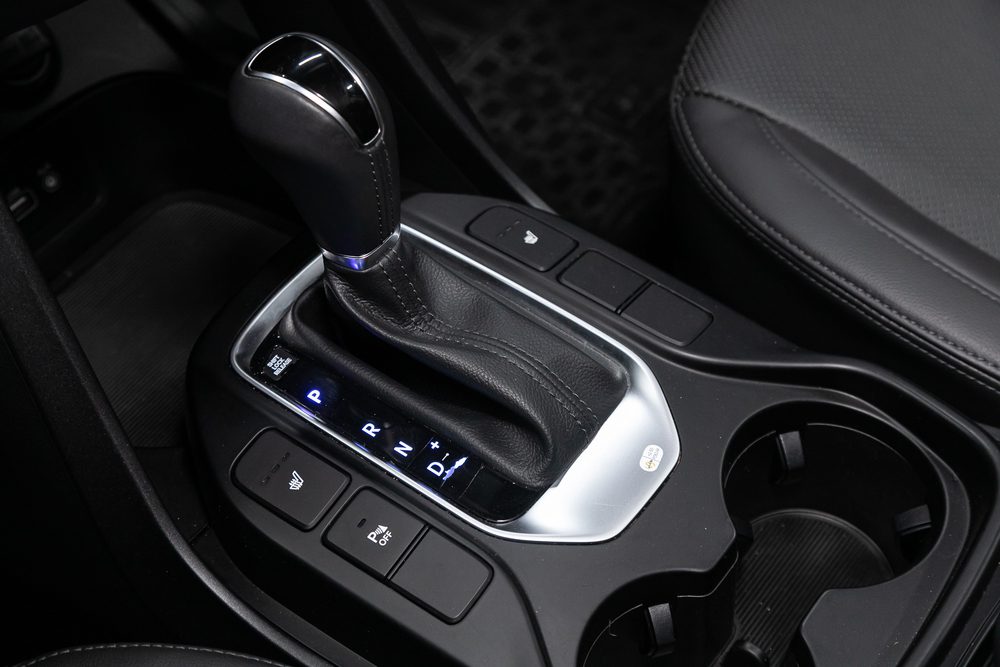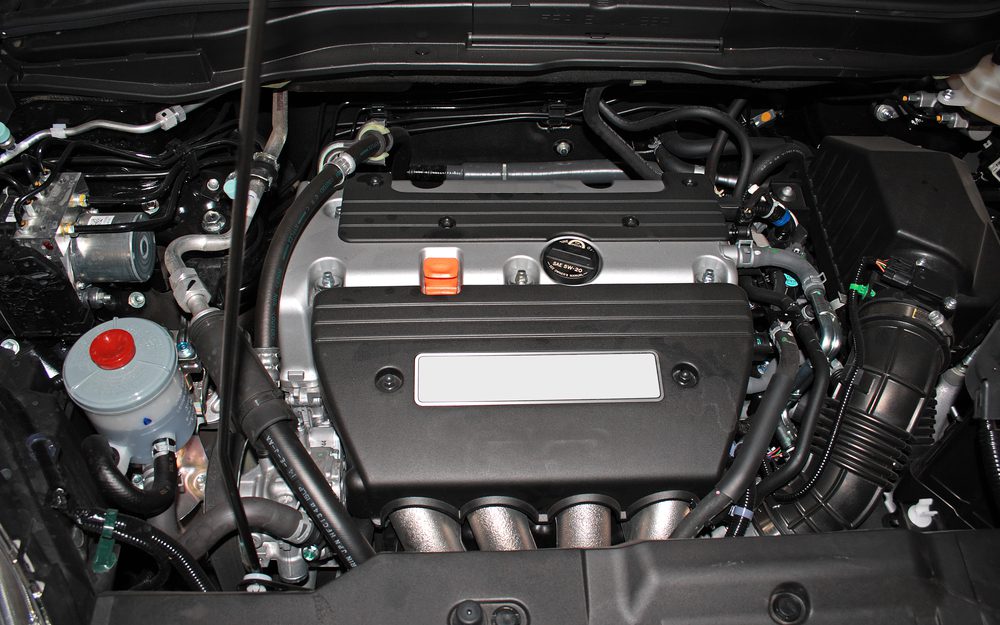Does the BCM control the engine?
Introduction
The Body Control Module (BCM) is an essential component in modern vehicles, responsible for managing various electrical functions and systems. While it plays a crucial role in controlling aspects like lighting, climate control, and even door locks, there is a common question among car owners – does the BCM control the engine? In this article, we will explore the functions of the BCM and its relationship to the engine, shedding light on its influence in the overall vehicle operation.
The Body Control Module (BCM)
The Body Control Module is a centralized electronic control unit that harnesses and coordinates multiple electrical components within a vehicle. It acts as the brain of the car’s electrical system, receiving inputs from various sensors and controlling outputs to different systems. These systems include interior and exterior lighting, power windows, mirrors, wipers, air conditioning, and much more. The BCM‘s primary purpose is to provide convenience, safety, and comfort features to enhance the overall driving experience.
Functions of the BCM
The BCM has several important functions such as:
- Controlling lighting systems: The BCM enables the operation of the headlamps, tail lamps, interior lighting, and other lighting systems both for safety and convenience purposes.
- Managing power windows and mirrors: By receiving signals from switches, the BCM controls the movement of power windows and mirrors in a vehicle.
- Regulating door locks: The BCM operates the central locking system, allowing the driver to lock or unlock all doors simultaneously.
- Monitoring vehicle security: Many modern BCMs are equipped with security features, such as immobilizers, to prevent unauthorized access and theft.
Relationship Between the BCM and the Engine
While the BCM controls various electrical systems, its direct influence on the engine is limited. The Engine Control Module (ECM) or Powertrain Control Module (PCM), on the other hand, is responsible for managing the engine’s operation. The ECM/PCM monitors and controls critical functions like fuel injection, ignition timing, emissions, and more.
Although the BCM and ECM/PCM are separate modules, they do communicate with each other to exchange information. For example, the BCM might send a signal to the ECM/PCM indicating the status of the lighting system, enabling the ECM/PCM to adjust the engine’s performance accordingly. This communication ensures that the engine operates optimally in different driving conditions.
The Importance of BCM in Engine Operation
While the BCM does not directly control the engine, it indirectly contributes to its smooth functioning by providing necessary inputs and receiving information from the ECM/PCM. The BCM’s ability to monitor various vehicle parameters and communicate with the engine module helps in delivering an integrated driving experience.
Expert Insight: Think of the BCM as the mediator between the driver’s commands and the engine’s response. It acts as a facilitator, ensuring that various systems work seamlessly together to provide comfort, convenience, and safety while driving.
In conclusion, while the BCM does not have direct control over the engine’s operation, it is an essential component in modern vehicles that enables the coordination and management of various electrical systems. Its ability to communicate with the engine module ensures that the engine performs optimally based on the inputs received from the BCM. Understanding the role of the BCM provides car owners with insights into the complexity and integration of different systems in their vehicles.
Does the BCM control the fuel gauge?
Introduction
The Body Control Module (BCM) is a crucial component in modern vehicles, responsible for controlling various electrical systems. However, when it comes to the fuel gauge, it is important to understand the specific role of the BCM.
BCM’s Role in Fuel Gauge Control
The BCM does not directly control the fuel gauge in most vehicles. Instead, the fuel gauge is typically controlled by the Instrument Cluster Module (ICM) or the Engine Control Module (ECM). The ICM receives signals from the fuel level sensor and relays this information to the fuel gauge on the dashboard.
Communication Between BCM and ICM/ECM
The BCM plays a vital role in facilitating communication between different modules in the vehicle, including the ICM and ECM. It ensures that relevant data and signals are transmitted accurately and efficiently. Therefore, while the BCM may not directly control the fuel gauge, it indirectly influences its functioning through its communication role.
Importance of BCM in Fuel System
Although the BCM itself does not control the fuel gauge, it still plays a significant part in the overall fuel system functioning. It manages various aspects such as fuel pump control, fuel injector operation, and monitoring fuel pressure. These functions are critical for maintaining the proper fuel supply and ensuring efficient engine performance.
Does the BCM control power door locks?
Yes, the Body Control Module (BCM) does control power door locks in modern vehicles. The BCM is a crucial component of a vehicle’s electrical system, responsible for various functions including controlling the power door locks.
Power door locks have become a standard feature in most vehicles, offering convenience and security to drivers and passengers. With the push of a button or the use of a key fob, power door locks allow you to lock or unlock all the doors simultaneously.
The BCM acts as the central command center for the power door lock system. It receives input from the door lock switches, key fob, or other control modules, and sends signals to the door lock actuators to engage or disengage the locks.
By controlling the power door locks, the BCM enhances safety by allowing the driver to quickly secure all doors with ease. Additionally, modern vehicles often come equipped with advanced features such as keyless entry and remote start, which are also controlled by the BCM.
Key Functions of the BCM in Power Door Locks:
- Locking and unlocking all doors simultaneously.
- Enabling keyless entry and remote start features.
- Providing anti-theft protection by immobilizing the door locks.
- Integration with other vehicle systems to ensure proper functioning of the power door locks.
“The BCM plays a vital role in ensuring the smooth operation of power door locks, providing convenience and security for vehicle occupants.”
If there is an issue with the power door locks, such as a malfunctioning switch, faulty actuator, or a problem with the BCM itself, it may result in the locks not functioning properly. In such cases, it is recommended to have the vehicle inspected by a qualified technician who can diagnose and rectify the problem.
In conclusion, the BCM indeed controls power door locks in vehicles. Its integration with various components of the electrical system enables smooth and convenient operation of the locks, enhancing both safety and convenience for drivers and passengers.
Does the BCM control tail lights?
Introduction
In modern vehicles, numerous systems are controlled by a central computer known as the Body Control Module (BCM). This module acts as the brain of the vehicle, overseeing various functions such as interior and exterior lighting, door locks, wipers, and more. In this subsection, we will focus on whether the BCM has control over the tail lights.
Tail Lights and the BCM
Yes, the BCM does indeed control the functionality of the tail lights in most vehicles. These lights are an essential safety feature, providing visibility to other drivers during nighttime or low-light conditions. The BCM receives signals from various sources, such as the headlight switch, brake pedal position sensor, and transmission control module, to determine when to activate the tail lights.
How does the BCM control the tail lights?
The BCM monitors inputs from different sensors and switches to determine the appropriate time to turn on the tail lights. When the headlight switch is turned on or when the vehicle’s exterior lighting is set to automatic mode, the signal is sent to the BCM, which then activates the tail lights along with other exterior lighting components.
Additionally, the BCM also controls other functions related to the tail lights, such as the ability to adjust their brightness, activate the brake lights when the brake pedal is pressed, and control the turn signal functionality.
The Importance of a functioning BCM
Having a properly functioning BCM is crucial for the overall safety and performance of your vehicle. If the BCM fails or becomes faulty, it can lead to issues with the tail lights, as well as other systems controlled by the module. It is important to have any BCM-related problems diagnosed and repaired by a qualified technician to ensure proper operation and compliance with road safety regulations.
Does BCM Control Power Windows?
Power windows in modern vehicles have become a standard feature, providing convenience and ease of use. But have you ever wondered how these power windows work and if they are controlled by the Body Control Module (BCM)? Let’s find out.
What is a BCM?
The Body Control Module (BCM) is an electronic control unit that manages various electrical functions in a vehicle, including lighting, security systems, climate control, and more. It acts as the “brains” behind these systems, receiving and interpreting input from various sensors and switches.
Power Windows and the BCM
When it comes to power windows, the BCM does play a crucial role in their operation. While the primary control for the power windows lies within the door control module or individual switches, the BCM facilitates this process by providing power and communications between the switches and the window motors.
Essentially, when you press the window switch, the signal is sent to the BCM, which then sends a command to the appropriate window motor to open or close the window. The BCM also monitors the position of the windows and ensures safety features like auto-reverse are functioning correctly.
Importance of BCM in Power Window Control
The integration of power window control with the BCM brings several benefits. Firstly, it allows for centralization and simplification of the wiring system, reducing complexity and cost. Secondly, it enables advanced features like one-touch up and down, window position memory, and remote window control.
The BCM also enhances safety by incorporating features such as anti-pinch technology. If an obstruction is detected while closing the window, the BCM can automatically reverse the window to prevent injury or damage.
Did you know? In some vehicles, the BCM can also adjust window behavior based on environmental conditions, automatically closing windows if rain is detected.
Conclusion
In summary, while the BCM does not directly control the fuel gauge, it has an essential role in facilitating communication between various modules involved in the fuel system. Understanding the individual responsibilities of the BCM, ICM, and ECM is crucial in diagnosing and troubleshooting any fuel gauge or fuel system-related issues.
The BCM plays a significant role in controlling various vehicle systems, including the tail lights. Its ability to receive signals from different sources and activate the tail lights at the appropriate times enhances visibility and ensures the safety of both the driver and other road users. Regular maintenance and addressing any BCM-related issues in a timely manner are essential for the proper functioning of this critical component.
In conclusion, the BCM does play a significant role in controlling power windows in modern vehicles. While the primary control lies within the door control module or individual switches, the BCM facilitates communication and provides power to operate the windows. Its integration brings added convenience, safety features, and advanced functionalities to power window operation.



